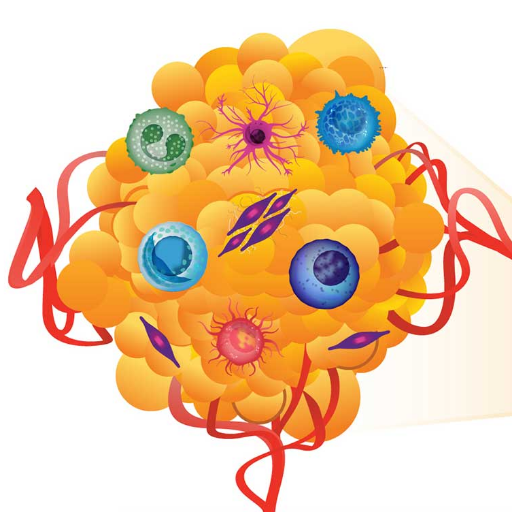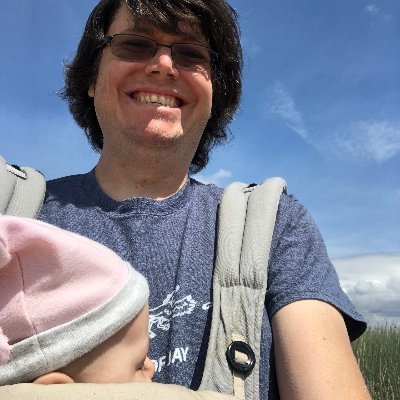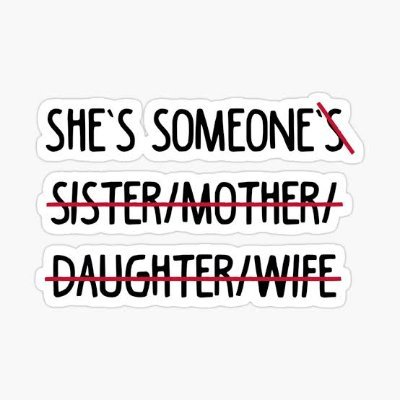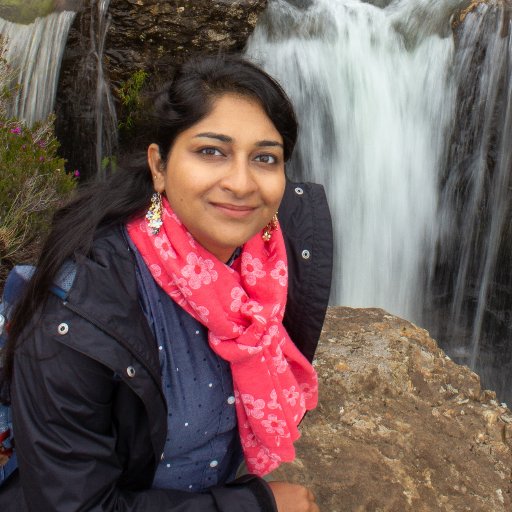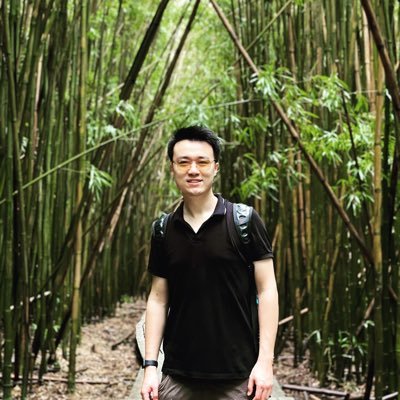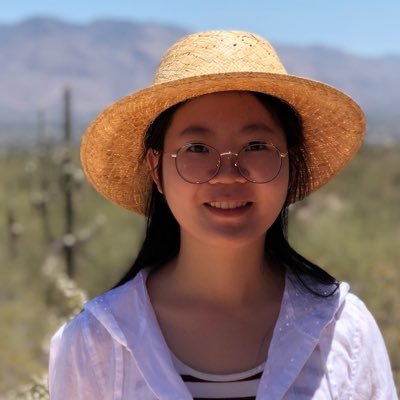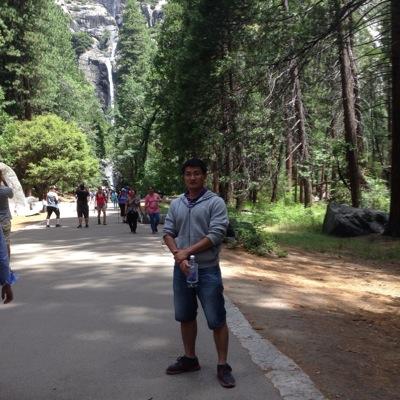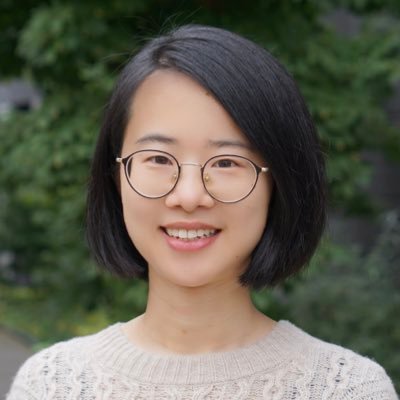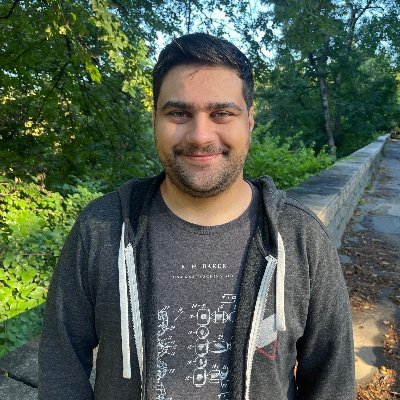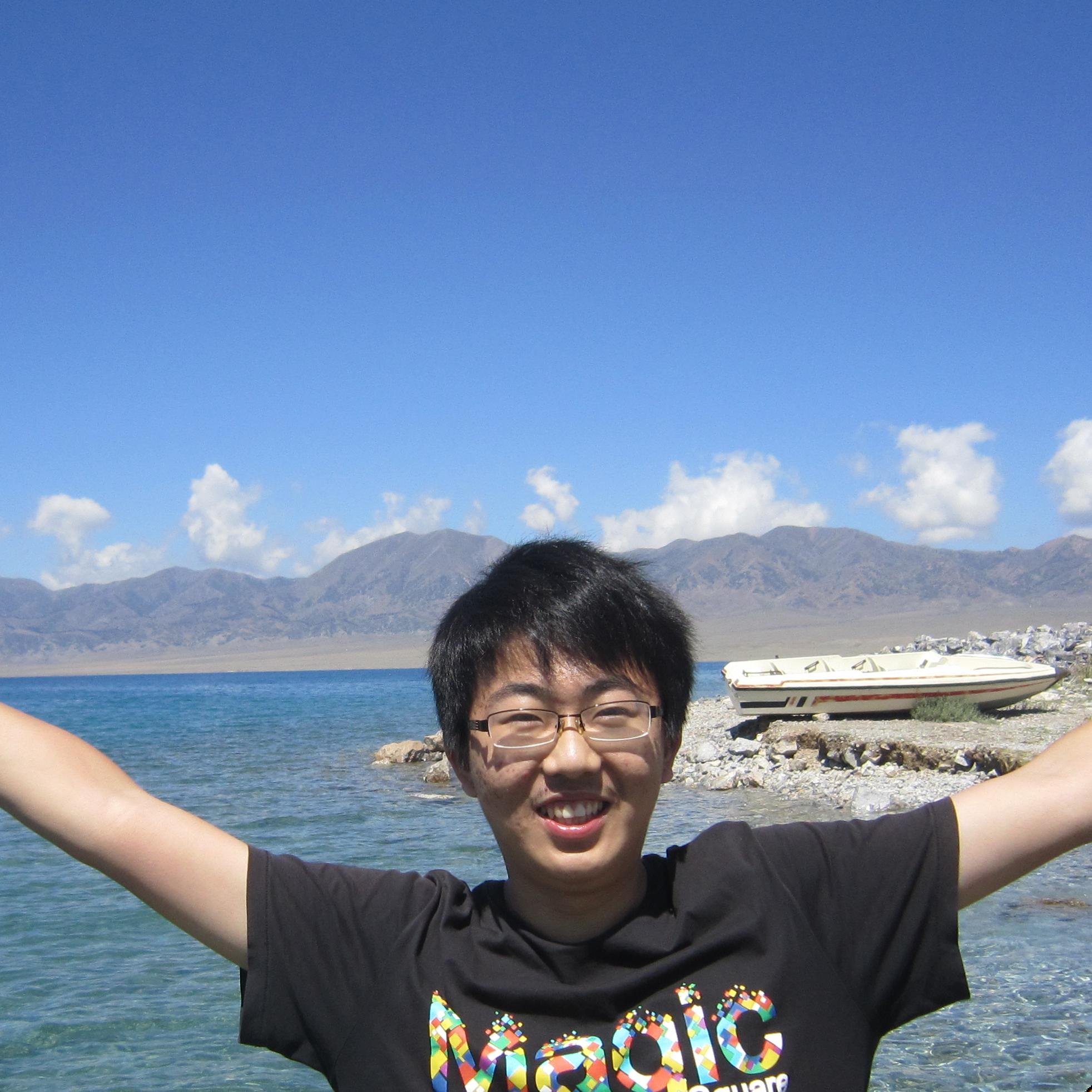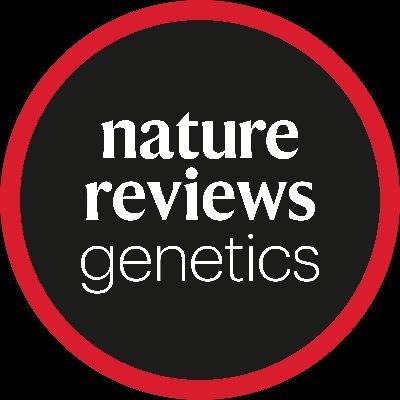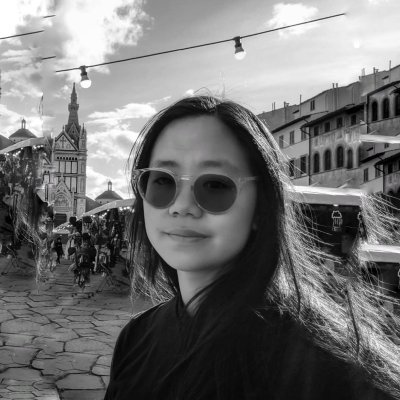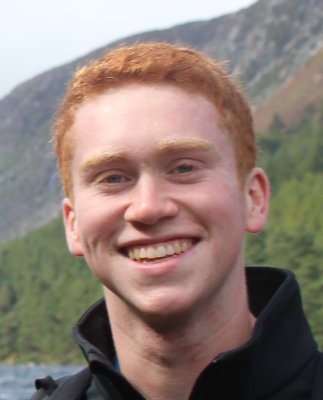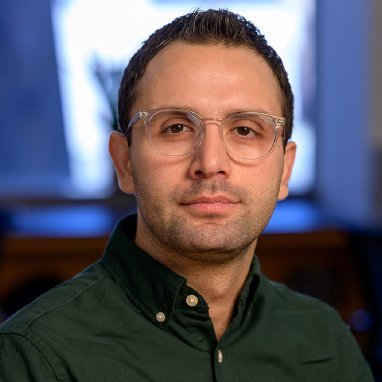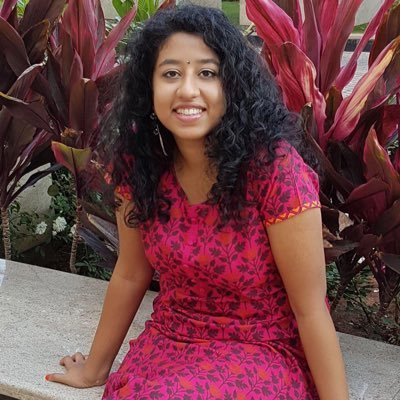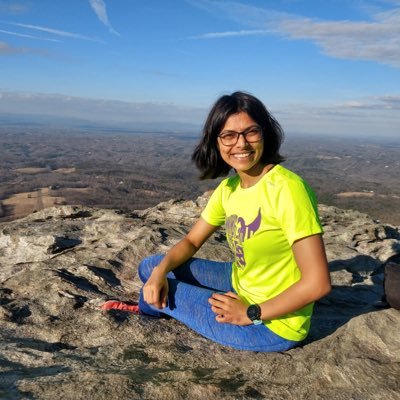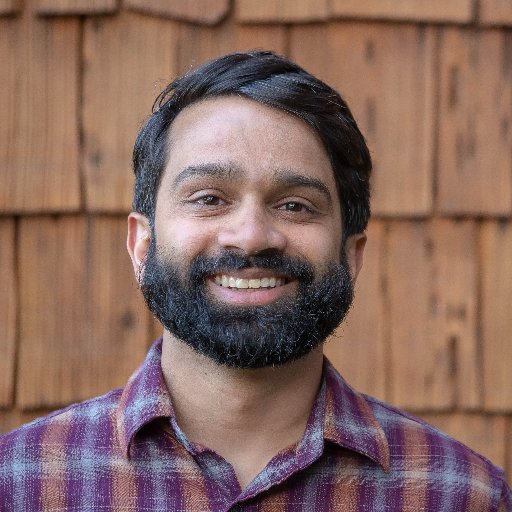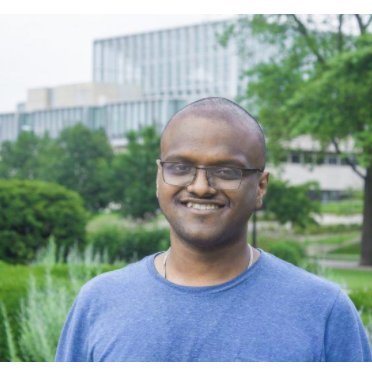
Kushal K Dey
@kanishkadeyAssistant Member/Professor, Computational and Systems Biology Program, Sloan Kettering Institute, Memorial Sloan Kettering Cancer Center
Similar User

@SashaGusevPosts

@alexisjbattle

@const_ae

@StatGenomics

@david_a_knowles

@hakyim

@CalebLareau

@genepisociety

@LB_Barreiro

@TAmariuta

@martinjzhang

@_romain_lopez_

@XuanyaoLiu

@LabWelch

@UCLA_CGSI
Excited to share our latest preprint, as part of ENCODE4, on a consensus variant-to-function (cV2F) score for functionally prioritizing variants for complex disease - led by Tabassum Fabiha and co-mentored with Alkes Price. biorxiv.org/content/10.110…

In a study supported by #HTAN & #NCICSBC, @divyakoyy, @KarunaMDPhD, & @quaidmorris @MSKCancerCenter developed Metient (an open-source #ComputationalTool) to advance the understanding of cancer type-specific #metastatic spread @biorxivpreprint biorxiv.org/content/10.110….

ExWAS of depressive symptoms in ~300k individuals from the UK Biobank. Li et al. Mol Psych 2024 nature.com/articles/s4138…


Thrilled to share our paper now out @Nature delineating #plasticity during #CRC #metastasis, a fantastic collaboration led by @andrewrmoorman @elliebenitez11, and @f_cambuli from the @KarunaGaneshLab and @dana_per lab! nature.com/articles/s4158… rdcu.be/dYAVK. A 🧵
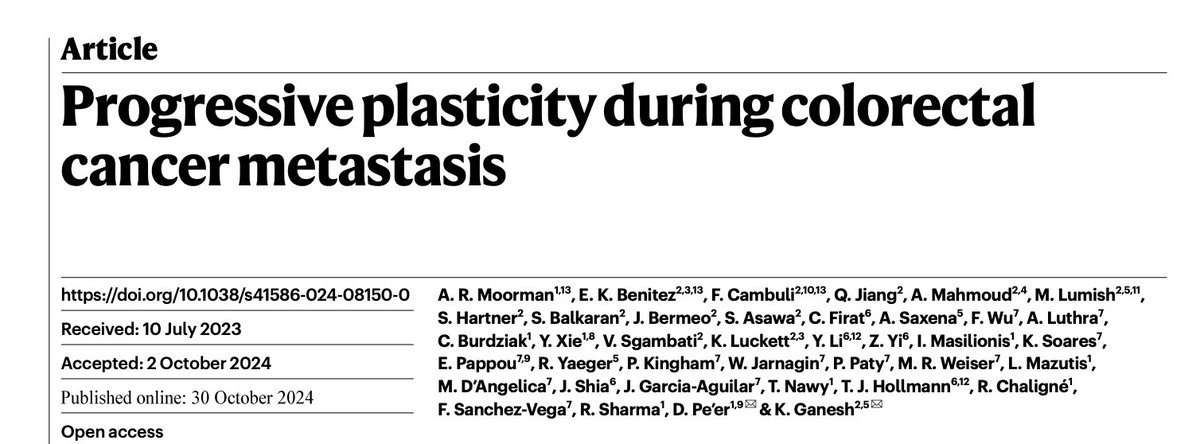
Some cool results -- over the last couple of years we have been (quietly) building the largest catalog of human (and mouse) cis-regulatory DNA. We can now precisely annotate the cell-selectivity patterns of nearly 4.5 elements from thousands of experiments.

1/🧵Excited to re-introduce Memento in (cell.com/cell/fulltext/…), a scalable method for differential analysis of scRNA-seq data. It provides first-in-class performance in statistical power and calibration for comparing differences in mean, variability, and gene correlation.👇
What causes variable expressivity in rare diseases such as telomere biology disorders? @michaelpoeschla & co find polygenic variation contributes: bit.ly/48hUX5Z ...🧵 from Michael coming...

Hi all, I am currently on the academic job market. I am a postdoctoral researcher in Dr. Christina Leslie's lab at the Computational and Systems Biology Program at Memorial Sloan Kettering Cancer Center. My research focuses on deciphering causal and dynamic gene regulation…
📢 Join us! Developmental and stem cell biologists, checkout our tenure-track faculty position at Sloan Kettering. Apply by October 18. #DevBio #StemCell #hiringnow mskcc.org/research/ski/p…
🧵 Thrilled to share our latest in @Nature! We’ve mapped fetal blood development in Down syndrome (DS) using single-cell multi-omics, studying why children with DS face a 150-fold higher leukemia risk and blood abnormalities at birth. nature.com/articles/s4158…
My lab read this paper biorxiv.org/content/10.110… for journal club, and had some thoughts on the strong claims made about the number of signals of selection found. 1/
Finally, the authors rely heavily on LDscore regression throughout the paper to rule our concerns about confounding (including in their PGS analysis). But LDscore results were shown to be very misleading in previous analyses of polygenic selection elifesciences.org/articles/39725 25/
The authors also test for signals of selection using polygenic score (PGS). These tests are incredibly sensitive to stratification in the GWAS effect sizes used to construct the PGS. elifesciences.org/articles/39725 elifesciences.org/articles/39702 21/
United States Trends
- 1. #UFC309 266 B posts
- 2. Jon Jones 125 B posts
- 3. Jon Jones 125 B posts
- 4. Jon Jones 125 B posts
- 5. Chandler 83,4 B posts
- 6. Oliveira 69,3 B posts
- 7. #discorddown 6.460 posts
- 8. Kansas 20,7 B posts
- 9. Bo Nickal 8.484 posts
- 10. Do Bronx 10,4 B posts
- 11. #MissUniverse 422 B posts
- 12. Tennessee 54,7 B posts
- 13. Tatum 27,3 B posts
- 14. Rock Chalk 1.163 posts
- 15. #BYUFootball 1.271 posts
- 16. #kufball 1.002 posts
- 17. Keith Peterson 1.272 posts
- 18. Oregon 33,9 B posts
- 19. Paul Craig 4.408 posts
- 20. Beck 21,6 B posts
Who to follow
-
 Sasha Gusev
Sasha Gusev
@SashaGusevPosts -
 Alexis Battle
Alexis Battle
@alexisjbattle -
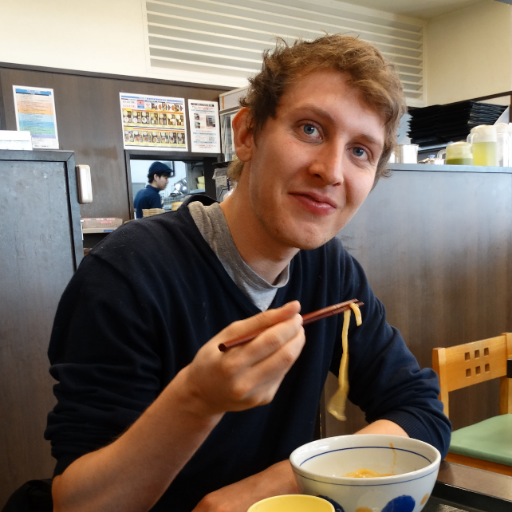 Constantin Ahlmann-Eltze (@const-ae.bsky.social)
Constantin Ahlmann-Eltze (@const-ae.bsky.social)
@const_ae -
 Stegle Lab
Stegle Lab
@StatGenomics -
 David A Knowles (@davidaknowles.bsky.social)
David A Knowles (@davidaknowles.bsky.social)
@david_a_knowles -
 Hae Kyung Im 任慧耕 임혜경
Hae Kyung Im 任慧耕 임혜경
@hakyim -
 Caleb Lareau
Caleb Lareau
@CalebLareau -
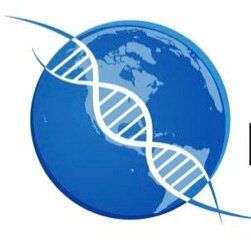 IGES
IGES
@genepisociety -
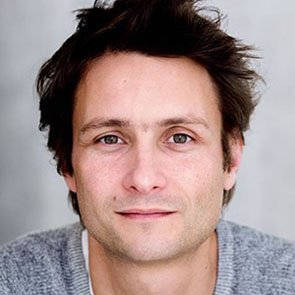 Luis B Barreiro
Luis B Barreiro
@LB_Barreiro -
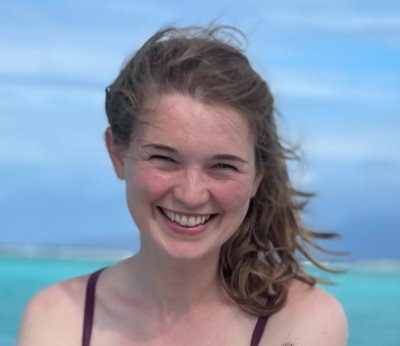 Tiffany Amariuta
Tiffany Amariuta
@TAmariuta -
 Martin Jinye Zhang
Martin Jinye Zhang
@martinjzhang -
 Romain Lopez
Romain Lopez
@_romain_lopez_ -
 Xuanyao Liu
Xuanyao Liu
@XuanyaoLiu -
 Josh Welch
Josh Welch
@LabWelch -
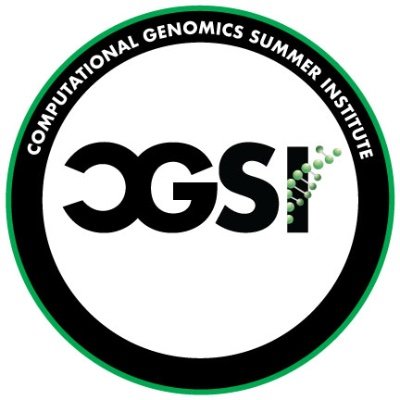 CGSI-The Computational Genomics Summer Institute
CGSI-The Computational Genomics Summer Institute
@UCLA_CGSI
Something went wrong.
Something went wrong.

